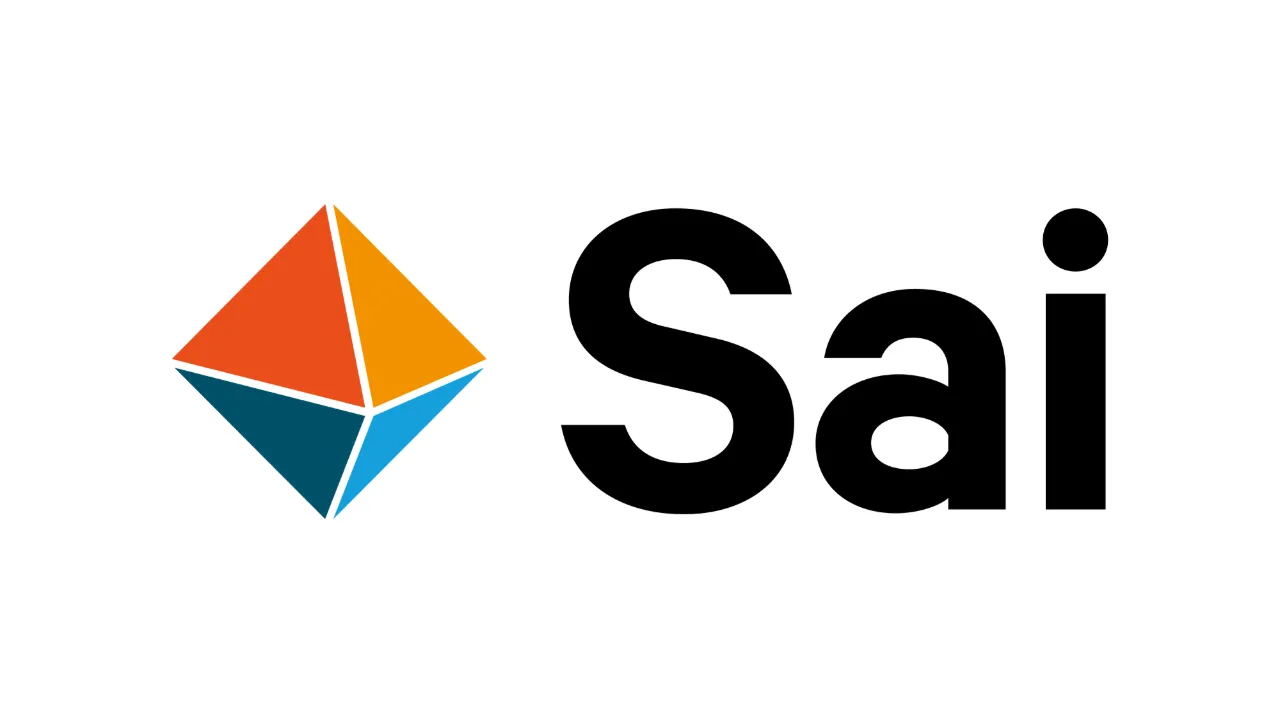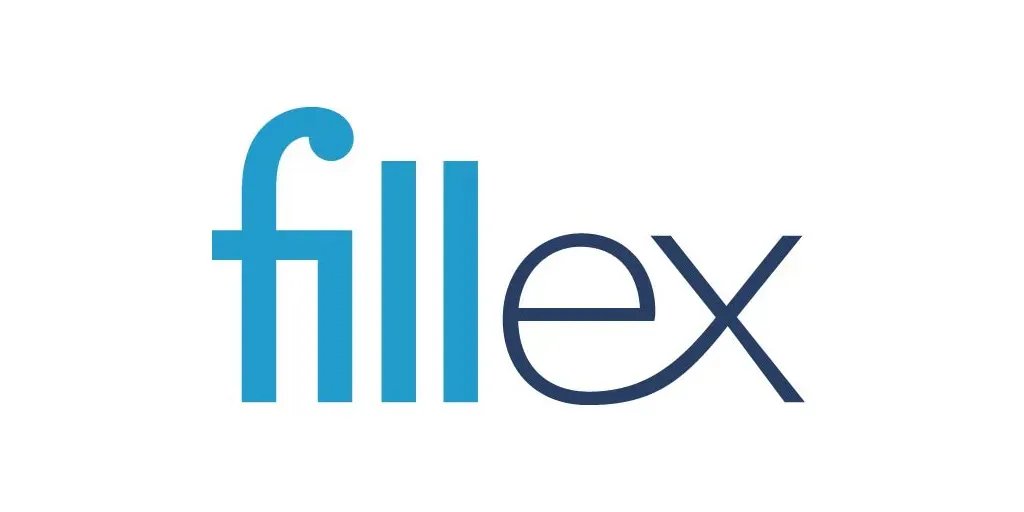WASHINGTON — A new white paper from Matrix Global Advisors (MGA) finds that the Medicare drug price negotiation program may have serious unintended consequences for the development and availability of lower-cost generic and biosimilar medicines, potentially reducing competition and leading to billions of dollars in lost savings for patients and the U.S. healthcare system.
Commissioned by the Association for Accessible Medicines (AAM), the report—Long-Term Effects of Medicare Price Negotiations on Drug Competition—was released today and offers a data-driven assessment of the chilling effect government price-setting may have on market entry by generic and biosimilar manufacturers.
“Almost all the Medicare negotiated drugs have a generic or biosimilar equivalent in the pipeline, which in turn have a significantly lower cost,” said John Murphy III, President and CEO of AAM. “The Medicare drug price negotiation program artificially extends the lifecycle of the brand version, resulting in higher costs for seniors. The MGA analysis quantifies the real-world implications not only on the cost of medicines, but the long-term negative impact on future development of generics and biosimilars, resulting in fewer competitors and more delayed competition. The better option is the proven success of reducing drug prices through generic and biosimilar competition.”
The Inflation Reduction Act gave Medicare the authority to negotiate prices for select high-cost drugs. Ten brand-name medicines are set to enter the program in 2026, with 15 more to follow in 2027. According to AAM, nearly all 25 selected drugs have lower-cost generics or biosimilars in development, yet the negotiation program may discourage their introduction.
The MGA report, authored by economists Alex Brill and Christy Robinson, estimates that the resulting delay in market entry could lead to the loss of up to 88% of brand sales savings per affected generic drug and 54% for affected biologics. These delays could cost the U.S. healthcare system as much as $12 billion over four years for higher-sales medications alone.
“Government price-setting introduces uncertainty for generic and biosimilar manufacturers as they weigh which product markets to pursue,” said Brill. “This uncertainty will deter or delay competition, and the ensuing lost savings could outweigh the initial savings from price negotiations.”
The paper concludes that while the negotiation program may lower drug costs in the short term, it risks undermining the long-term sustainability of the generics and biosimilars market, one of the most effective tools for driving down prescription drug costs.
“A significant unintended consequence of Medicare price negotiations will be a chilling effect on the development and launch of new generic small-molecule drugs and new biosimilars. The threat of a brand drug being selected for price negotiation reduces the willingness of these competitors to undertake the significant risk and expense involved in trying to enter the market. As our analysis demonstrates, there is a quantifiable negative impact on the US healthcare system and patients from a less competitive pharmaceutical marketplace. By our estimate, lost savings from Medicare price negotiations could total billions of dollars annually.”
AAM and MGA are calling on policymakers to consider adjustments to the program that preserve incentives for competition and ensure patients continue to benefit from access to affordable medicines.








